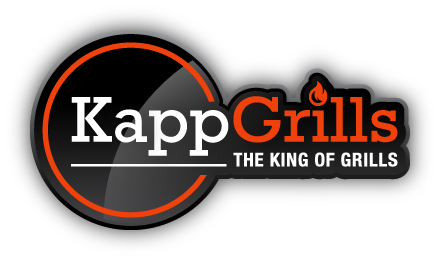Grill with Care: Navigating the Hazards of Outdoor Gas Cooking
in ARTICLES
Cooking outdoors with a gas grill offers a delightful way to enjoy food with friends and family. However, it’s crucial to recognize the potential dangers and know what to avoid to ensure a safe and enjoyable grilling experience. This article explores the common pitfalls and hazards of outdoor gas cooking and provides guidance to help you grill safely and effectively.
The Dangers of Outdoor Gas Cooking
1. Gas Leaks: One of the most significant dangers of gas grills is the risk of gas leaks, which can lead to fires or explosions if not detected and addressed promptly. Leaks can occur from the tank, connections, or the grill itself, often due to wear and tear or improper setup.
2. Flare-ups: Flare-ups happen when fat and oil from cooking food drip onto the grill’s heat source, causing sudden flames. While some flare-ups are manageable, excessive flare-ups can burn the food and pose a fire risk.
3. Carbon Monoxide Poisoning: Gas grills emit carbon monoxide (CO), a colorless, odorless gas that can be lethal in high concentrations. Using a gas grill in an enclosed or poorly ventilated space can lead to dangerous levels of CO buildup.
4. Overheating and Fires: Gas grills can reach high temperatures quickly, leading to overheating if left unattended. An overheated grill can cause fires, damaging property and posing serious safety risks.
What to Avoid When Cooking with Gas Grills
1. Ignoring Manufacturer’s Instructions: Always read and follow the manufacturer’s guidelines for assembly, use, and maintenance. Ignoring these instructions can lead to unsafe conditions and accidents.
2. Grilling in Enclosed Spaces: Never use a gas grill indoors or in an enclosed area. Always grill in a well-ventilated, open space to avoid the buildup of harmful gases.
3. Leaving the Grill Unattended: Always monitor the grill when it’s in use. Unattended grills can lead to flare-ups, food burning, or even fires spreading.
4. Neglecting Regular Maintenance: Regularly check and maintain your grill to ensure it’s in good working condition. Inspect for gas leaks, clean the grates and burners, and replace any worn parts.
5. Overloading the Grill: Overloading the grill with too much food can cause uneven cooking and increase the risk of flare-ups. Cook in batches if necessary to maintain control over the cooking process.
6. Using Improper Utensils: Use long-handled utensils designed for grilling to avoid burns and injuries. Avoid using plastic utensils that can melt or catch fire.
Safety Tips for Outdoor Gas Cooking
- Check for Leaks: Before using the grill, apply a soapy water solution to the gas tank and hose. If bubbles form when the gas is on, there’s a leak that needs fixing.
- Keep a Safe Distance: Position your grill away from structures, trees, and flammable materials.
- Be Prepared: Keep a fire extinguisher, baking soda, or a bucket of sand nearby to extinguish flare-ups or fires.
- Let the Grill Cool: Allow the grill to cool completely before covering or storing it.
By being aware of the dangers and knowing what to avoid, you can enjoy the pleasures of outdoor gas cooking safely. Remember, prevention is key to a safe and enjoyable grilling experience. Keep these tips in mind, and you’ll be on your way to creating delicious meals without the risks.
